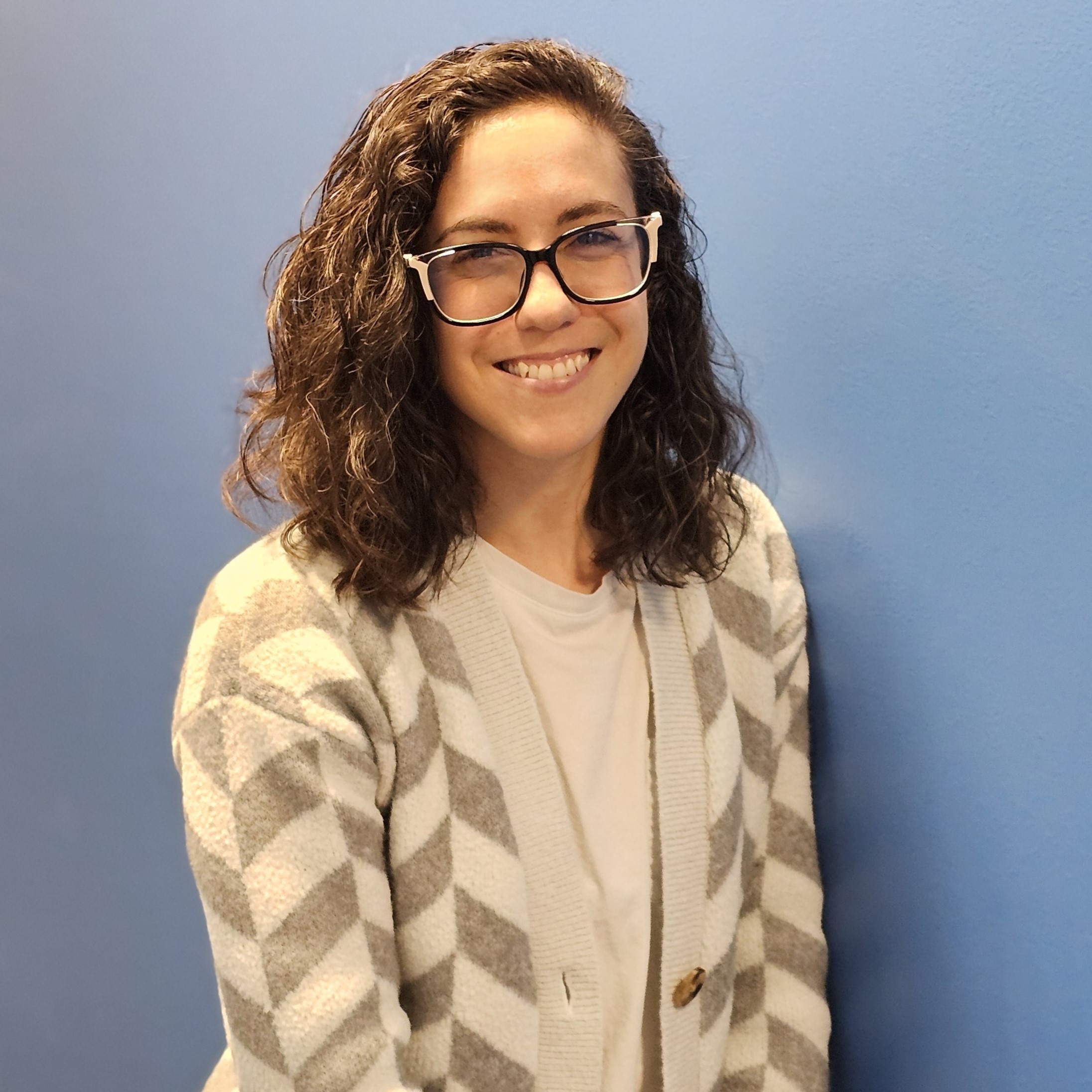Israeli-born community member Neta Meltzer has joined Jewish Community Relations Bureau | AJC (JCRB|AJC) as director of community and government relations.
Her new role largely encompasses building and sustaining relationships with the government, higher education institutions, interfaith groups and groups within the Jewish community.
In addition to expanding the capacity for JCRB|AJC to combat antisemitism at large, Meltzer brings a history of combating antisemitism and anti-Zionism within progressive movements.
“We are thrilled to welcome Neta to the JCRB|AJC team,” said JCRB|AJC Executive Director Gavriela Geller. “Neta’s new role will significantly increase JCRB|AJC’s capacity to address antisemitism through working with elected officials, faith groups, community leaders and institutes of higher education across our region.”
In her first few months at JCRB|AJC, she has met with university administrators, state and local politicians and their staff, journalists, media workers and more. Upcoming meetings are scheduled with interfaith and intergroup leaders.
“What I love about this role,” Meltzer said, “is the opportunity to deepen relationships, the opportunity to build bridges [and] the opportunity to focus on what we have in common and not what divides us.”
Meltzer and her family are involved members of the Kansas City Jewish community; three generations of her family are at the Jewish Community Campus regularly. Her mother, Edna Meltzer, is the Hebrew Department chair at Hyman Brand Hebrew Academy, and her daughter, Mira, is a student at the Child Development Center.
“This is the community that I grew up in,” she said. “This is a community that my daughter is going to grow up in, so to be able to do this kind of work here on the local level is really personal and really meaningful to me.”
Born in Tel Aviv, Meltzer’s passion for Zionism is innate and personal. Her grandparents were founding members of Kibbutz Gal-On in Israel, and their values helped shape her understanding of justice and self-determination. Her immediate family moved to the U.S. when she was an infant, and she grew up in Overland Park, but much of her extended family still lives in Israel.
A University of Kansas alumna, Meltzer spent time in Kansas City and Denver, Colorado, working for organizations dedicated to countering sexual assault. She then worked for four years at Planned Parenthood of the Rocky Mountains before becoming the national vice president of community engagement of the Zioness Movement, an organization dedicated to fighting for Zionism in progressive spaces while working to advance social, racial, economic, environmental and gender justice.
Meltzer said her goal at Zioness was to combat anti-Zionism and antisemitism in the progressive movement by helping people understand that Zionism is compatible with progressive values. Her work and writings on these issues have been published in the Forward and Times of Israel, and she was a speaker at the Denver Womxn’s March on the topic.
“[Meltzer’s] background and expertise in coalition building and combating antisemitism, particularly within progressive movements, could not be more timely as our community faces a post-Oct. 7 reality,” Geller said.
“I think that Oct. 7 created even more need for the work that JCRB is doing,” Meltzer said, “...My portfolio is really supporting our government relations work. It’s supporting our interfaith work, our intergroup work; it’s helping out with what’s happening in higher education across our region. These are areas [in which] the needs are more urgent than they have been in the past.”
Last year, while Meltzer was still at Zioness, JCRB|AJC brought her to Kansas City to speak about Zionism. The March 2023 program included a discussion between Meltzer and Geller about the idea that Zionism is a progressive value and the ongoing exclusion of Zionists from social justice spaces.
Now back in her home community, Meltzer said that her past experience allows her to find “common ground” with groups that she works with, enabling her to build connections and help others gain understanding about the Jewish people.
“There’s a lot of work to do — not just on the progressive left, but in general — when it comes to understanding the Jewish culture, the Jewish people [and the] Jewish connection to Jewish ancestral lands,” Meltzer said. “I’m reflecting on the fact that we have allies, and we have support in places that perhaps we would not have thought to look.”




